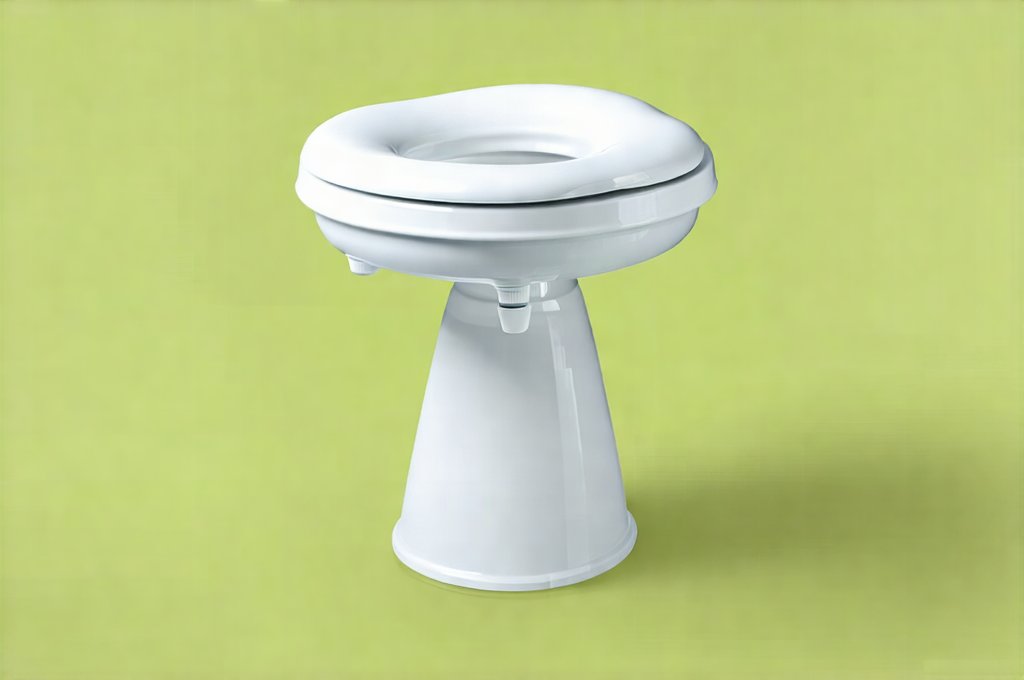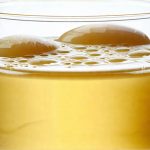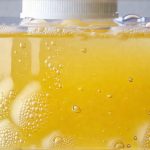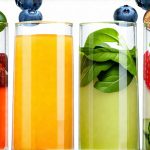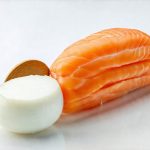The pursuit of rapid weight loss, gut healing, or preparation for certain medical procedures often leads individuals to explore all-liquid diet phases. While seemingly straightforward – eliminating solid foods and subsisting solely on liquids – these phases can unexpectedly result in a frustrating paradox: constipation and the production of hard stools. This isn’t necessarily intuitive; one might expect increased hydration from an exclusively liquid intake to ease bowel movements. However, the physiological changes induced by removing fiber and altering digestive processes create a complex scenario where stool becomes difficult to pass. Understanding why this happens is crucial for navigating all-liquid diets safely and minimizing discomfort. It’s important to remember that these phases should ideally be undertaken with guidance from a healthcare professional due to their potential impact on nutrient intake and overall health.
This article will delve into the mechanisms behind hard stools during all-liquid diet phases, examining the factors contributing to this issue, and exploring strategies for mitigation. We’ll focus not just on what happens but also why, providing insights into how the body responds to such a drastic dietary shift. It is vital to stress that this information is for educational purposes only and should not be interpreted as medical advice. Always consult with your doctor or a registered dietitian before starting any restrictive diet, including all-liquid phases, and listen carefully to your body’s signals throughout the process. The goal isn’t merely to endure the diet but to do so responsibly and minimize potential adverse effects.
Understanding the Fiber Deficiency
The cornerstone of regular bowel movements is dietary fiber. It provides bulk to stool, softening it and making it easier to move through the digestive tract. An all-liquid diet, by its very nature, drastically reduces or eliminates fiber intake. This isn’t simply a matter of missing out on some fiber; it’s an almost complete absence. Fiber works in two primary ways: soluble fiber absorbs water, creating softer stools, and insoluble fiber adds bulk, stimulating peristalsis (the wave-like muscle contractions that move food through the intestines). Without either type, the stool becomes smaller, denser, and more difficult for the colon to propel forward.
The absence of fiber also impacts the gut microbiome – the community of bacteria living in your digestive system. Fiber serves as a primary food source for these beneficial bacteria. Depriving them leads to shifts in microbial composition, potentially reducing the diversity and overall health of the gut ecosystem. A less diverse gut microbiome can contribute to slower transit time (how long it takes for food to move through the digestive tract) and increased stool hardness. This creates a vicious cycle: lack of fiber impacts the microbiome, which then further contributes to constipation. Evaluating gut response can help you understand how your body is reacting.
Furthermore, the colon naturally absorbs water from the intestinal contents. When there’s ample fiber present, it holds onto more water, keeping stools hydrated. Without fiber’s water-holding capacity, the colon reabsorbs more fluid, leading to drier, harder stool that requires greater effort to eliminate. This is a key reason why individuals on all-liquid diets frequently experience constipation despite consuming seemingly adequate liquids. Fiber’s role extends beyond simply softening stool; it actively facilitates intestinal motility and supports a healthy gut microbiome.
The Role of Reduced Stimulus & Gut Motility
Beyond fiber, the mere act of chewing and digesting solid foods provides stimulation to the digestive system. This stimulation encourages peristalsis – the natural wave-like contractions that move food along the intestines. Liquids require minimal chewing and digestion, providing significantly less stimulus. Think about it: your body is accustomed to processing a variety of textures and consistencies. Suddenly switching to only liquids disrupts this normal process.
This reduced stimulation can lead to slower gut motility, meaning food (or in this case, liquid) moves through the digestive tract at a slower pace. The longer waste remains in the colon, the more water is absorbed, exacerbating stool hardness. It’s important to remember that the colon isn’t designed to consistently process only liquids; it expects solid bulk to work efficiently. Digestive assessments can help pinpoint issues after dietary shifts.
The lack of bulk also affects the stretching and contracting of the intestinal walls. These movements are essential for initiating bowel movements. Without sufficient volume, the signals to the brain indicating a need to defecate may be weaker or less frequent, further contributing to constipation. This can lead to a feeling of incomplete evacuation even when stool is eventually passed. Gut motility is a critical component of healthy digestion and is significantly impacted by dietary changes.
Hydration Paradox & Electrolyte Imbalance
While all-liquid diets emphasize fluid intake, simply drinking enough water doesn’t guarantee soft stools. As previously discussed, the absence of fiber means the colon reabsorbs more water from the intestinal contents. This creates a paradox where you’re consuming plenty of fluids but still experiencing dehydration within the digestive system, leading to hard stools. It isn’t about overall body hydration; it’s about hydration within the intestines.
Furthermore, all-liquid diets can sometimes disrupt electrolyte balance. Electrolytes – such as sodium, potassium, and magnesium – are crucial for muscle contractions, including those in the intestinal walls that drive peristalsis. Certain liquid diet components might not provide adequate electrolytes, or they may hinder their absorption. An imbalance of these essential minerals can further impair gut motility and contribute to constipation. Diarrhea, while less common on a carefully managed all-liquid diet, can also lead to electrolyte loss, exacerbating the problem. Hidden gut issues could be playing a role here too.
The type of liquids consumed also matters. Sugary drinks or those high in artificial sweeteners can actually draw water into the intestines, potentially worsening dehydration and stool hardness. Similarly, caffeine can have a diuretic effect, increasing fluid loss. Electrolyte balance is integral for proper gut function and should be monitored during all-liquid diet phases.
Mitigation Strategies & Supportive Measures
Preventing hard stools on an all-liquid diet requires a proactive approach that goes beyond simply drinking more water. While adequate hydration remains essential, it’s only one piece of the puzzle. Prioritizing strategies to support gut motility and address fiber deficiency is paramount. Consider incorporating approved liquids known to have mild laxative effects – such as prune juice (in moderation) or warm lemon water first thing in the morning – but always discuss this with your healthcare provider. Testing sequences can help determine what you tolerate best.
One effective strategy, if permissible within the diet’s parameters, is to include small amounts of liquid fiber supplements. These typically come in powdered form and dissolve easily into liquids. However, it’s crucial to introduce them gradually to avoid bloating or gas. Another approach is to focus on consuming liquids that promote gut health, such as kefir (if tolerated) which contains probiotics – beneficial bacteria that can help support a healthy microbiome. Signs from test results might point to the need for probiotic support.
Regular, gentle physical activity also plays a vital role in stimulating gut motility. Even light exercise like walking can encourage bowel movements. Finally, paying close attention to your body’s signals and adjusting the diet accordingly is crucial. If you begin experiencing constipation, don’t ignore it; discuss it with your healthcare provider, who may recommend adjustments to the liquid composition or even a temporary pause in the all-liquid phase. Proactive management and open communication with your doctor are key to minimizing discomfort. When bloating calls for more than diet changes, seek medical advice.
Remember that this article provides general information and should not be considered medical advice. Always consult with a qualified healthcare professional before making any significant changes to your diet or health regimen. Which digestive tests are available to you can also inform your care plan.

